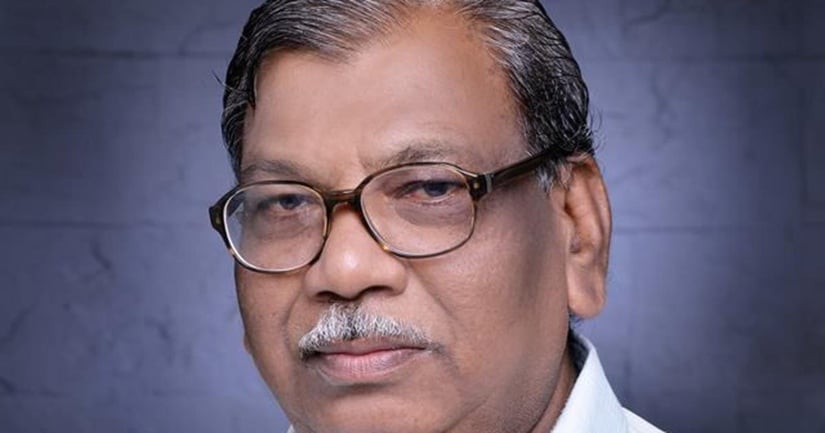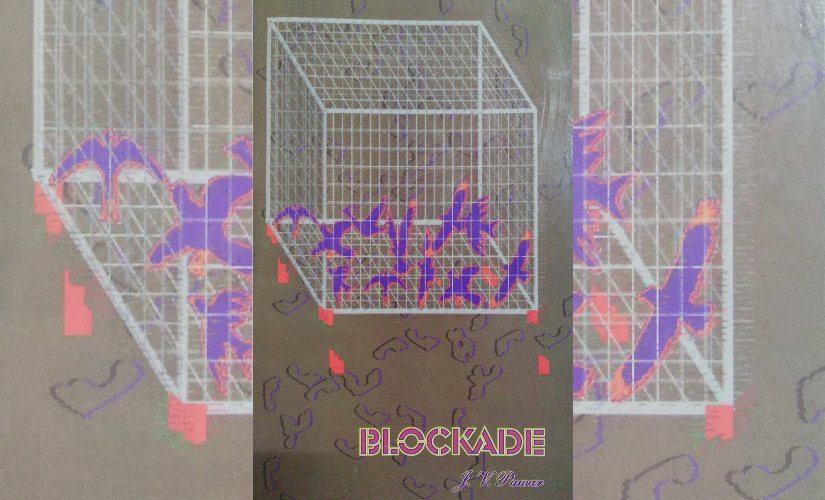Source : Firstpost – Yogesh Maitreya
Editor’s note: In India, the use of English is a product of colonisation. It is a language that embodies colonial narratives about the country and its people.
Notably, it remained exclusive to Brahmin and Savarna writers until recently, and close examination of their writing reveals that they were often elitist and frequently prejudiced in their depiction of society. Where Dalit characters find mention, they appear as ‘subjects without history’, to use the term coined by Edward Said. Indian writing in English, therefore, rarely did serve the purpose that good literature is supposed to: to depict the lives of people through literary imagination.
With the emergence of Dalit literature, the lives and histories of the marginalised have gained representation. Since Dalit literature is written in several languages, translation into English is the only way its collective vision and ideals can be made available for the world to read. It has more to gain from translation than it has to lose.
This series will take a close look at 10 Dalit writers across Indian languages, and their works which have been translated into English.
***
JV Pawar, one of the founding members of the Dalit Panthers movement in Maharashtra, is prominently known as a historian of Ambedkar’s movement. But he’s rarely discussed as a poet.
As he likes to describe himself, Pawar is an activist – more a Dalit Panther than a writer – and this reflects in his poems. Though he was writing at the same time as the legendary Namdeo Dhasal, Pawar’s approach to poetry was different. He employed poetic rhythm to depict the pain and strength of Dalits, rather than metaphors or figures of speech. His poems are thus more social than personal, and they meditate on incidents and personalities which were not included in the mainstream history of India.

![]()
Blockade (Nakebandi in Marathi) embodies a new vision adopted by the Dalits. The poems in this collection speak of the community’s everyday life, their struggles, their agonies – and their hope amidst it all, as the purveyors of Babasaheb’s legacy. The poems also comment on the hypocrisy of culture and the famine in Maharashtra, which was not a theme in the works of Savarna writers.
Blockade was translated into English in 1978 by Professor VD Chandanshive, but published only in 1992. What makes Blockade a significant work is not just the fact that it is one of the first books/anthologies/collections by a Dalit writer to be translated into English, but also that it presented the thinking of the Dalit panthers in a poetic form, which gave rise to a more radical anti-caste movement in India.
The English used in translation is traditional, which means that the construction of the lines of the poems are guided by grammar and syntax above all. However, the translation does successfully convey the essence of the original Marathi poems; this was perhaps aided by the lack of metaphors (it can be difficult to find equivalents of phrases/metaphors when translating).
On the subject of Blockade’s arrival on the English literary scene and its significance in the context of cultural change, Raja Dhale, one of the founding members of the Dalit Panthers movement and prolific writer and Buddhist philosopher, wrote in the foreward to the collection:
“JV Pawar’s poetry nullifies the attempts of all those who refuse Dr Ambedkar’s mission and leadership, who devalue his liberation struggle, who reject comprehensiveness of the struggle against untouchability and who make all embracing Buddhism sectarian and communal. This nullification, therefore, has an acute awareness.” (Blockade, 1992)
At a time when there was no literary theory available to interpret Dalit literature, which emerged out of the experience of untouchability, Raja Dhale provides the blueprint to interpret Blockade in his foreward, examining the poems microscopically, as a sharp literary critic should.
“Pawar’s poetry serves as a mirror in which one can behold the reflection of our future poetry. Of course, it is not a subjective mirror. It is, on the contrary, an objective one, the mirror of the whole downtrodden society. The image it reflects is on the whole social.” (Blockade, 1992)
Blockade is perhaps the first translated Dalit text to centre on local history. Sample one of the poems from the collection:
The ashes of hundreds in Sherpur
is our culture’s greater achievement
and the Gawai brothers’ case
at Dhakli is the greatest felicitation
Friends, let us sing in chorus
the songs of our culture
‘my culture is the greatest
Which I am very proud of’
Look, out there on the ground
They too wish to have a share in our chorus
the eyes of Gawai brothers, Shambuka’s head,
Eklavya’s thumb, Ramdasa’s hammered penis
and Gopi’s chopped off hands and feet
Why bother about music?
the shrill cries of Kilavenmani
the wailing of Sherpur
will tune the chorus
On 26 September, 1974, the daughter of one of the Gawai brothers in the Dhakli village was raped by the son of a Maratha farm owner, at whose farm she was working; she got pregnant. The Gawai brothers then went to the Wada of Patil to seek justice. Instead of paying heed to their complaint, his men injured and took out their eyes. JV Pawar and the other Panthers followed this case to ensure that justice would be served. Pawar held a conference in Mumbai in January 1975 and gave the Gawai brothers a platform to tell their story.
Many other Indians who were writing in English at the time attempted to write revolutionary poems about the suffering of people whilst being far away from the problem itself. They capitalised on the oppression of people. Pawar, on the hand, wrote of the injustice and oppression he witnessed with his own eyes, in his own life and those of the people around him.

What this poem says still rings true in the context of the 21st century and the brutalities suffered by Dalit people. And yet, the translated version of Blockade remained untouched, unreviewed and outside the discussions of English readers and critics. This is despite JV Pawar establishing himself as a writer-historian in Marathi, with an audience that consisted of scholars, academicians, activists and lay people.
One factor that can explain this is that in the 70s and even in the 90s, there was no demand for Dalit writing in English, unlike today, where Dalit literature has captured the imagination of the West, both in academic and literary circles. Upper caste publishers, too, are lining up to publish English translations of Dalit writers’ fictional and autobiographical works.
Shouting slogans to condemn or uphold
a blaze of fire marches forth
and forest fire takes birth
in oceans which seek to oppose
what obstacles shall now withhold
our vein is turning volcanic
digging trenches
every inch of the terrain?
What fear does imprisonment pose?
Life itself was suffering
conceived as a prison
Yet it does have some advantage
It is possible to blow up dynamite
at the base of the prison
How many jails, how many barracks
It’s impossible to count them
The oceans are stormy
Impossible to try and bind them
Birds have drunk deep
of winds of equality
Oh, do not enslave them
They’ll soar aloft
bearing your prison along
Do not underrate them
—’Birds In Prison‘ from Blockade by JV Pawar
***
Yogesh Maitreya is a poet, translator and founder of Panther’s Paw Publication, an anti-caste publishing house. He is pursuing a PhD at the Tata Institute of Social Sciences, Mumbai.


